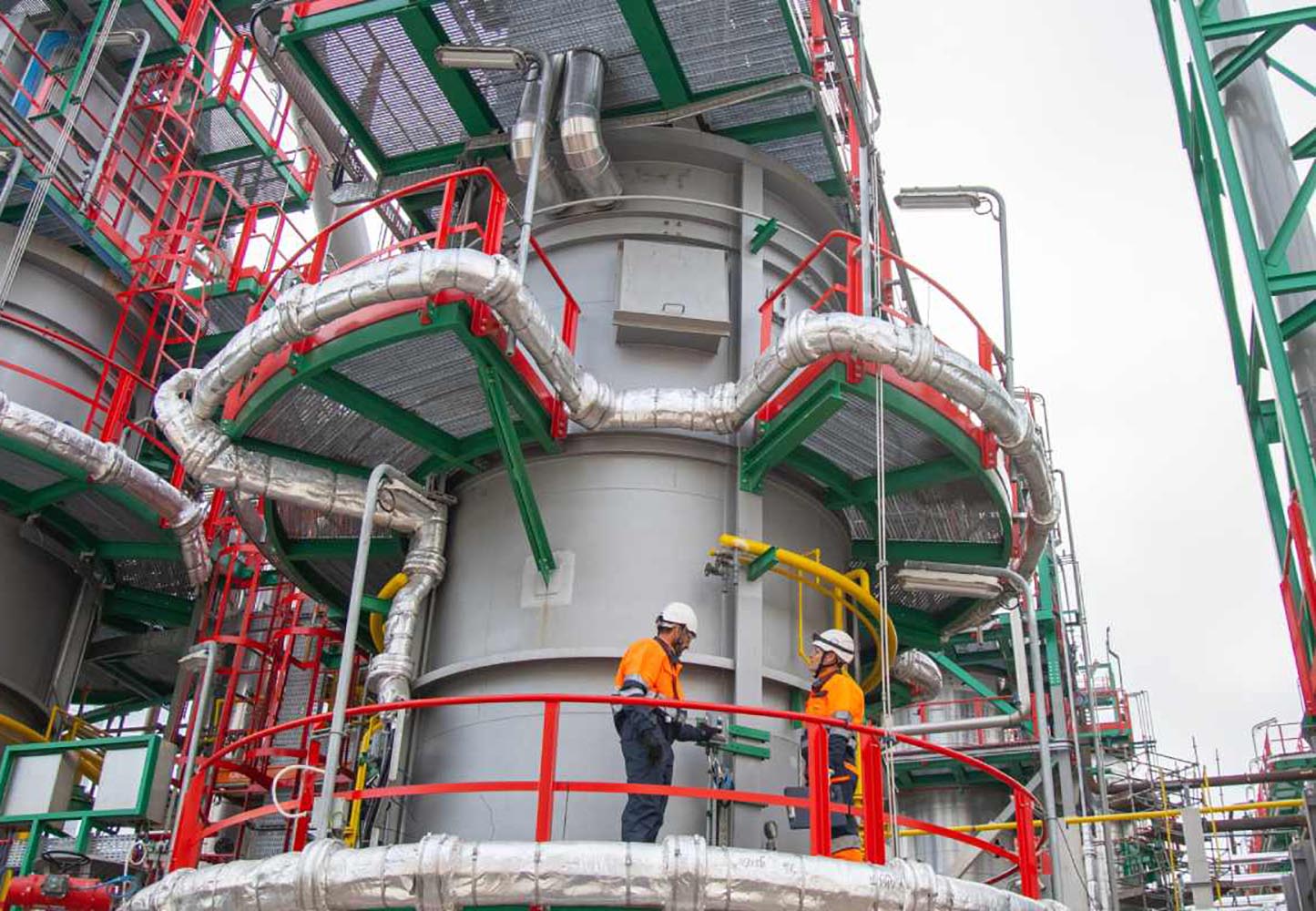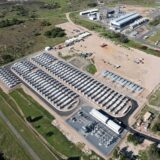
Repsol launches groundbreaking renewable fuels plant in Cartagena
Repsol, a global energy leader, has inaugurated a pioneering renewable fuels production facility in Cartagena, Spain, marking a significant stride in the Iberian Peninsula’s decarbonization efforts. This plant, the first of its kind in the region, represents Repsol’s commitment to sustainable energy solutions and its goal of achieving net-zero emissions by 2050.
The Cartagena facility is unique in Spain and Portugal for its dedication to industrial-scale renewable fuel production. With an investment of EUR250 million (USD270 million), the plant boasts an annual production capacity of 250,000 tons of renewable fuels derived from waste sources such as used cooking oil. These fuels, including renewable diesel and sustainable aviation fuel (SAF), are compatible with existing vehicles and infrastructure, offering a practical solution for reducing carbon emissions in various transport sectors.
The impact of this initiative is substantial, as the renewable fuels produced in Cartagena are expected to prevent the release of 900,000 tons of CO2 annually. Juan Abascal, Repsol’s executive managing director of Industrial Transformation and Circular Economy, emphasised the significance of this project, stating, “With this first plant on the Iberian Peninsula, we are taking another step forward in our transformation towards decarbonisation, with a cutting-edge technological project.”
In addition to processing 300,000 tons of organic waste per year, Repsol has also formed strategic partnerships to secure low-carbon raw materials. The company’s collaboration with Bunge, for instance, grants Repsol access to oils and biofuels produced in proximity to its industrial complexes.
Repsol’s renewable fuel initiatives extend beyond Cartagena. The company has announced plans for a second plant in Puertollano, set to commence operations in 2025, and a third facility is in the pipeline before 2030. Furthermore, Repsol is exploring synthetic fuels (e-fuels) production, with a demonstration plant project near its Petronor complex in Bilbao.
The company’s broader vision involves transforming its six industrial complexes on the Iberian Peninsula into decarbonised multi-energy hubs, focusing on energy efficiency, circular economy, renewable hydrogen, and CO2 capture and storage. Abascal highlighted Repsol’s commitment to industrial employment, technological investment, and energy independence in Spain.
Repsol aims to lead the market in Spain and Portugal for renewable fuels, with a projected total production capacity of up to 2.7 million tons by 2030. This ambitious plan underscores Repsol’s role as a frontrunner in the renewable fuel industry and its dedication to a more sustainable future.














